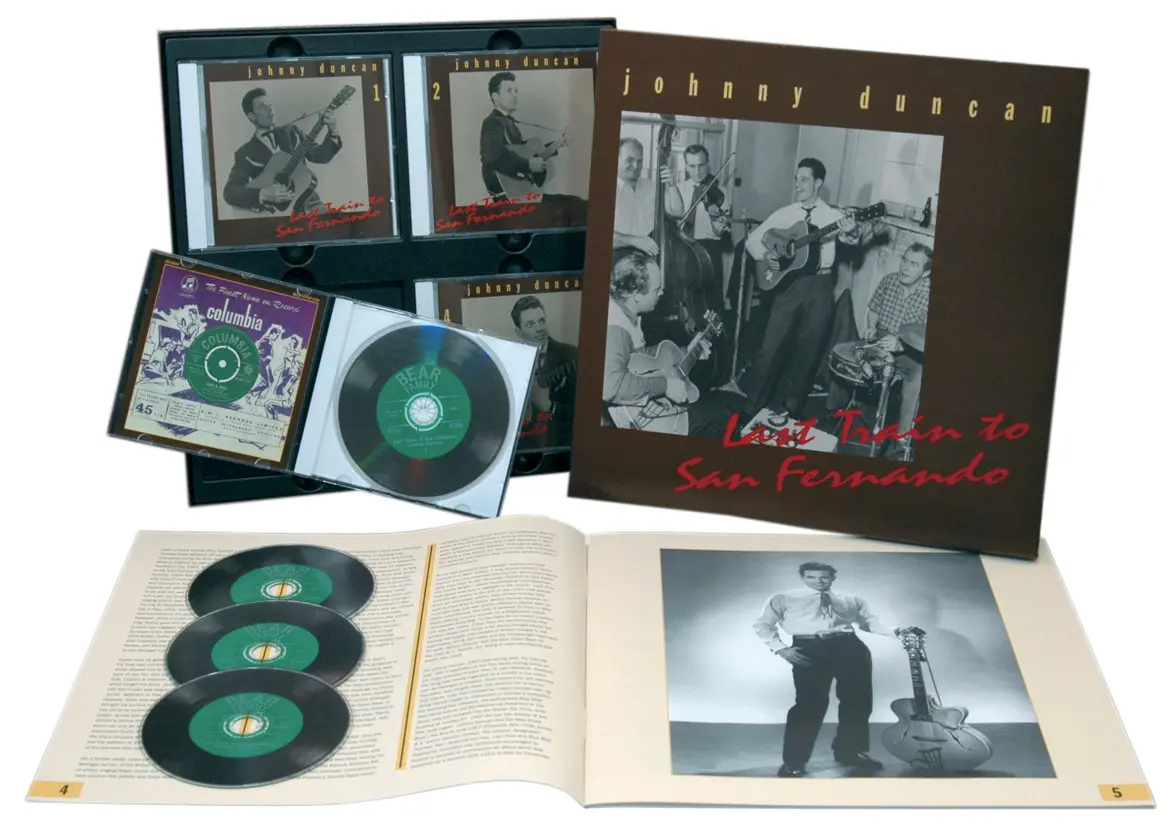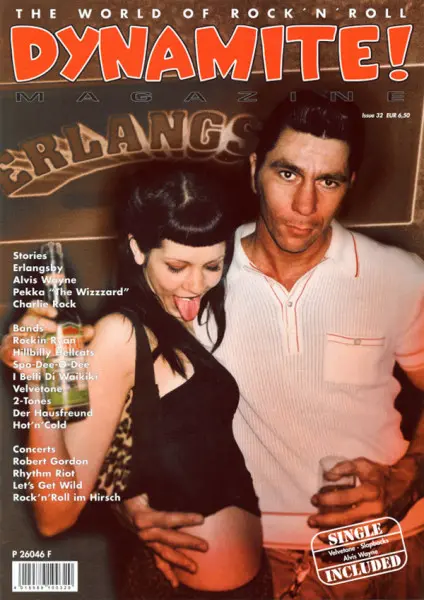Article successfully added.
Johnny Duncan Last Train To San Fernando (LP)
$22.58 *
* incl. VAT / plus shipping costsDepending on the country of delivery, the VAT at checkout may vary.
Ready to ship today,
delivery time** appr. 1-3 workdays
- catalog number: BFX15169
- weight in Kg 0.21
P
Secure
bonuspoints now
Weitere Artikel von
Johnny Duncan

Ready to ship today, delivery time** appr. 1-3 workdays
$226.28
*

Ready to ship today, delivery time** appr. 1-3 workdays
$20.31
*














